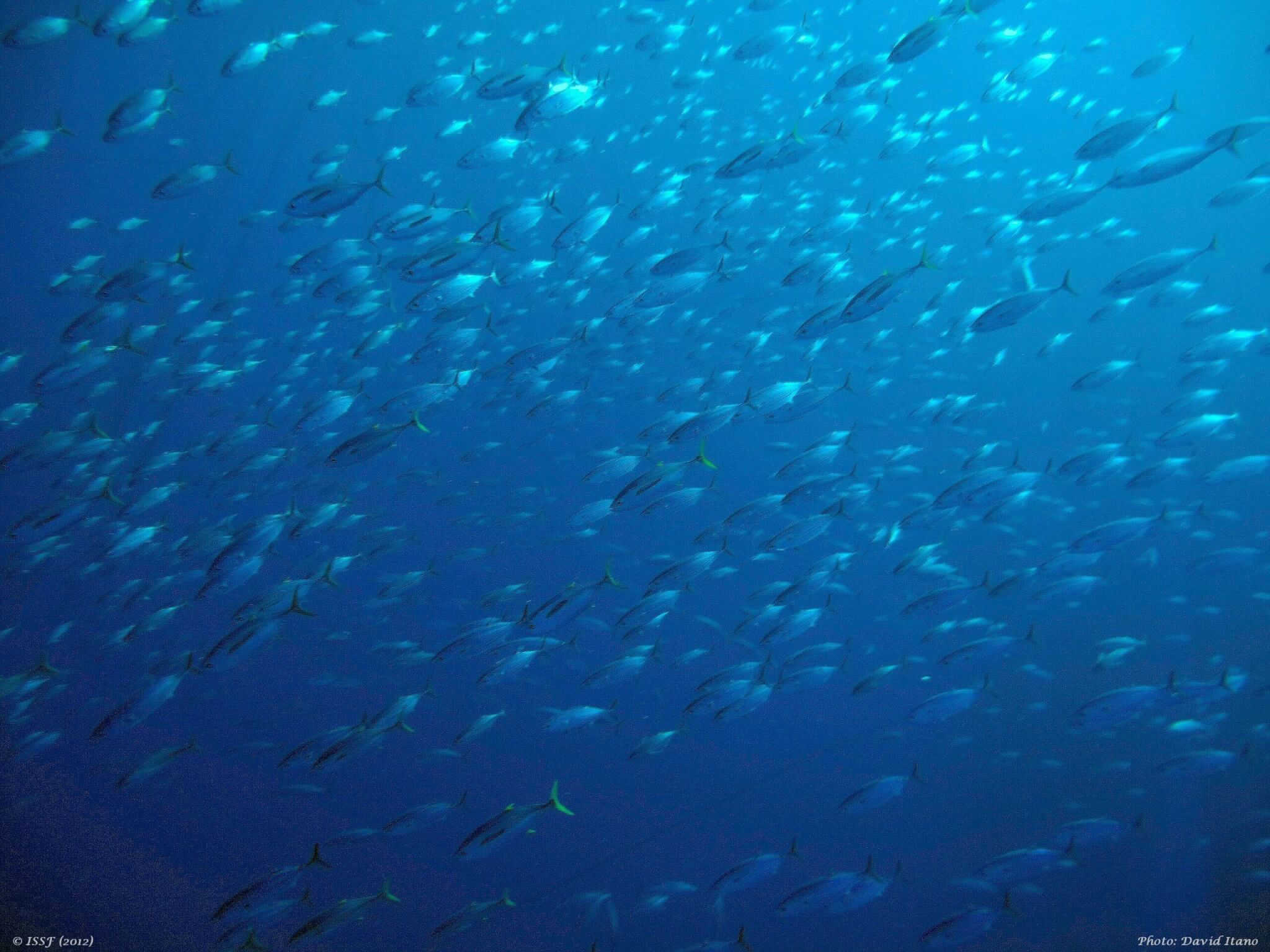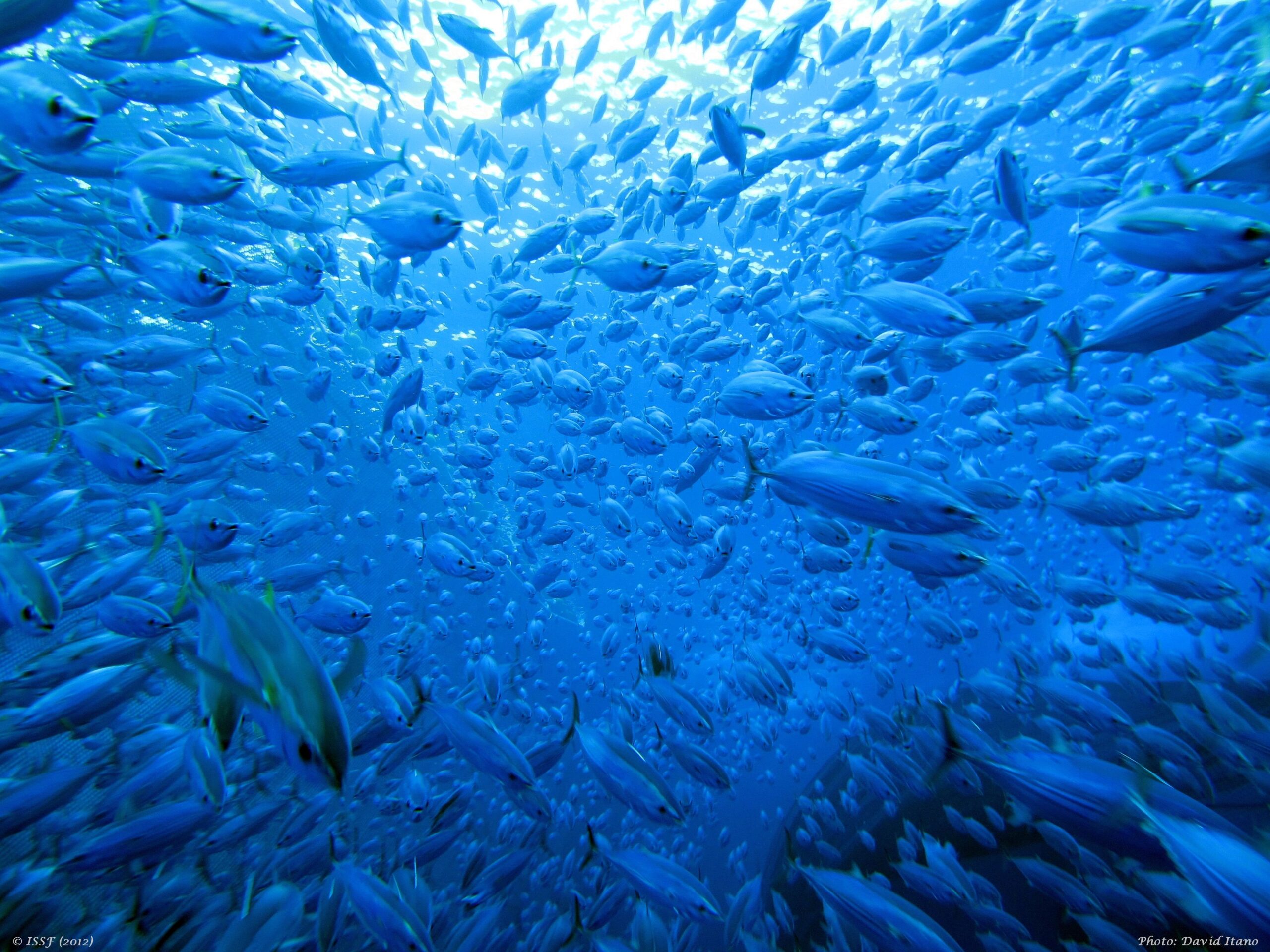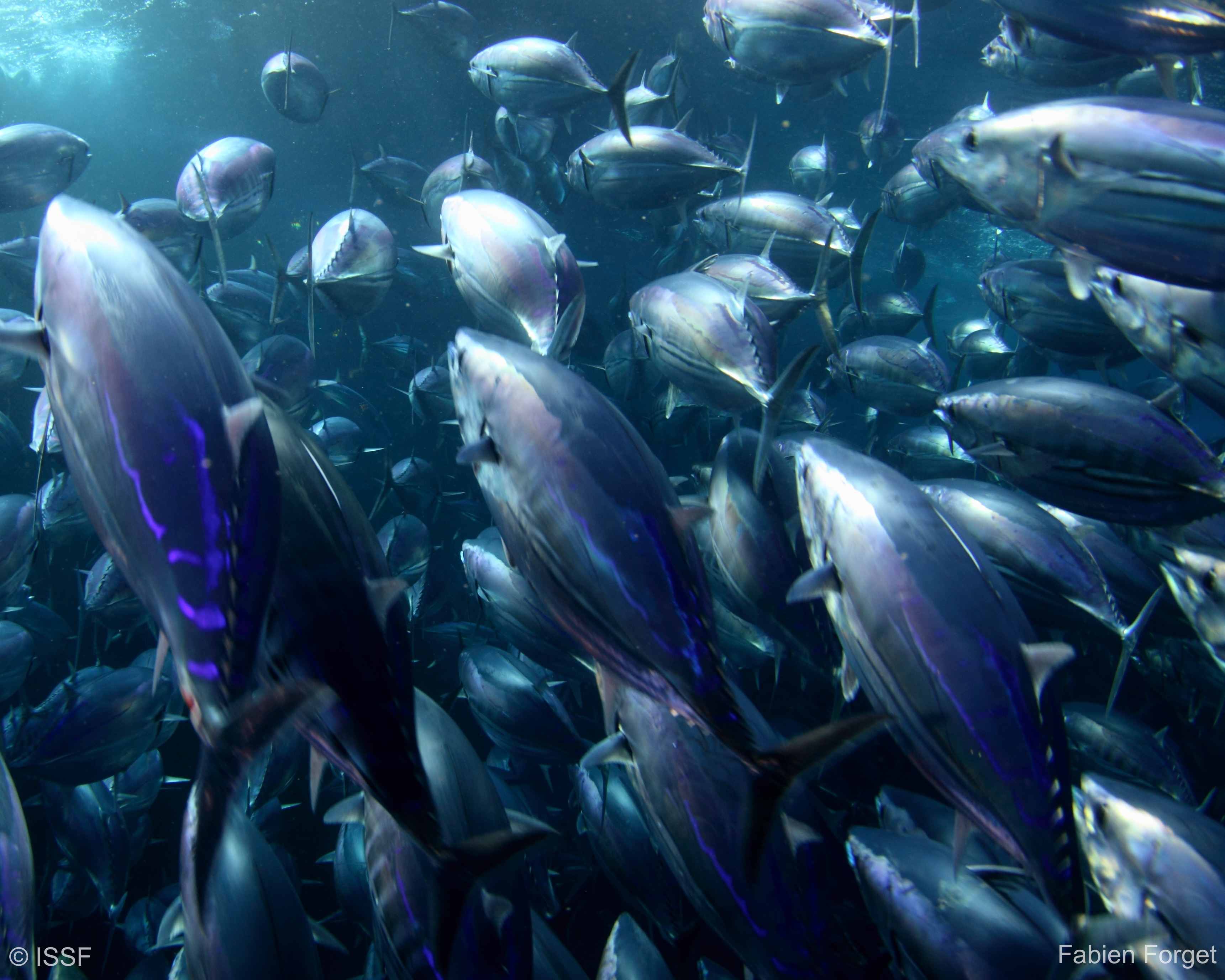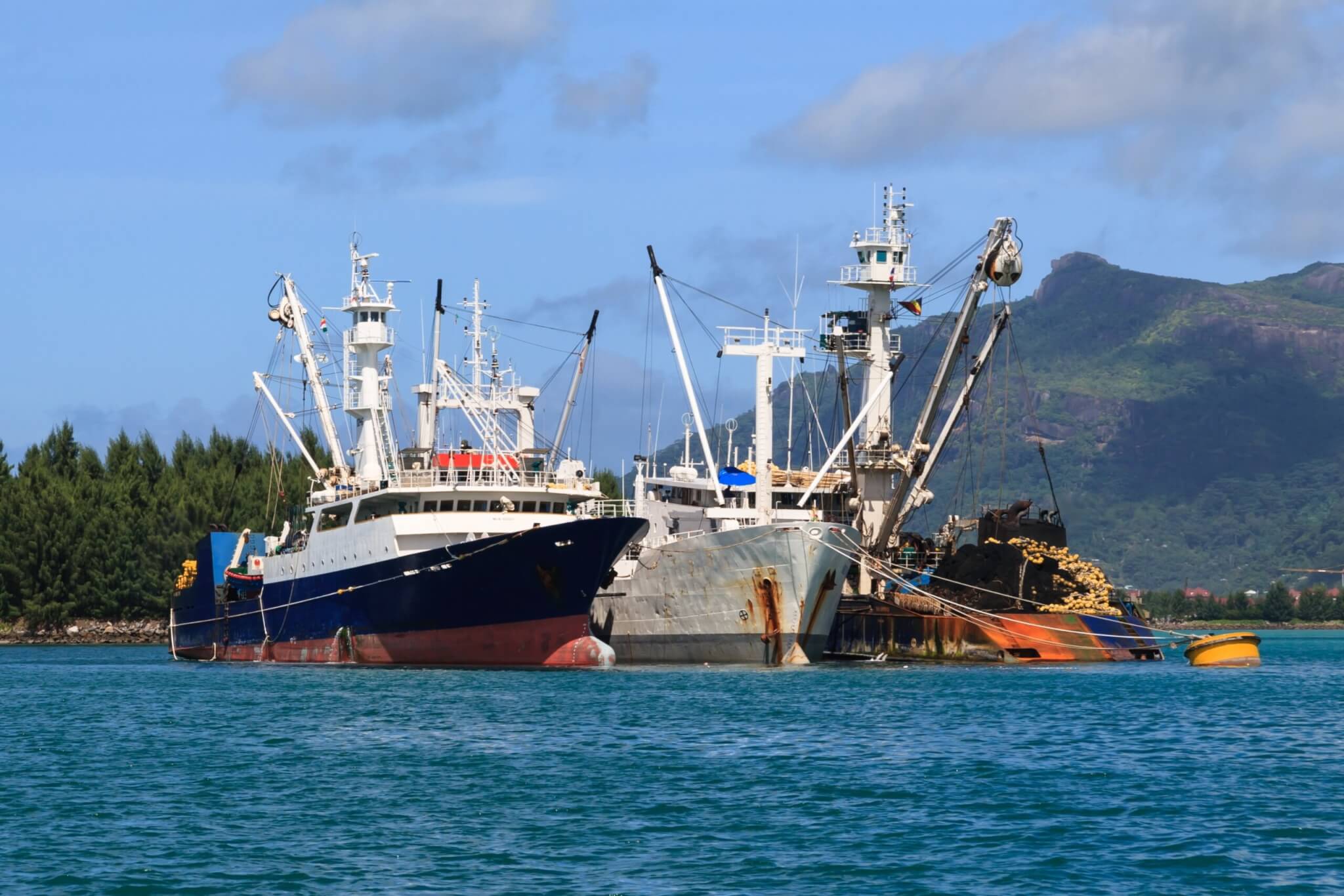Science-First for Sustainable Tuna Fisheries | An Overview of ISSF Research
Featured Content
ISSF investigates and promotes science-based approaches for ensuring the long-term sustainability of global tuna stocks and the marine ecosystem.
The ISSF team works collaboratively with peer scientists, academics, environmental experts, governing bodies, and other stakeholders on issues where we can advance our understanding about sustainable fishing — and make a positive impact.
We publish reports, develop resources, and host events that support fishery health in key areas: tuna conservation, fish aggregating device (FAD) management, marine ecosystem health, bycatch reduction, capacity management, and illegal fishing prevention.
Learn more
Our scientists document activities and insights from ISSF at-sea research projects, international workshops and meetings, and fisheries data analysis.
Download ISSF reports
In addition to sharing research findings and analysis in ISSF reports, our scientists and advocacy experts co-author peer-reviewed articles in leading journals.
See a list of peer-reviewed articles co-authored by our Staff, Scientific Advisory Committee members, or other scientists whose projects were partially or fully funded by ISSF
Featured Video
Science First
ISSF President Susan Jackson explores why and how ISSF’s work is grounded in science, as she presents the ISSF strategic plan, Continuously Improving Global Tuna Fishery Sustainability.
Featured Resource
Tuna Regional Fisheries Management Organizations (RFMOs) regulate transshipment in their regions. With some exceptions, purse seiners are required to transship in port. Other gears, such as longline, may engage in transshipment at sea under certain regulatory conditions. Tuna RFMOs also mandate observer coverage and require the submission of transshipment data.
But gaps persist — particularly in the regulation of at-sea transshipment, including the types of data collected, the level of monitoring, and data-reporting recipients and timelines. These gaps can increase the likelihood of illegal, unreported, and unregulated (IUU) fishing activities that undermine fisheries management.
ISSF is helping to improve tuna transshipment policies, practices, monitoring, and compliance — through our conservation measures for seafood companies and vessels, best practices research, RFMO benchmarking analysis, and advocacy outreach.



